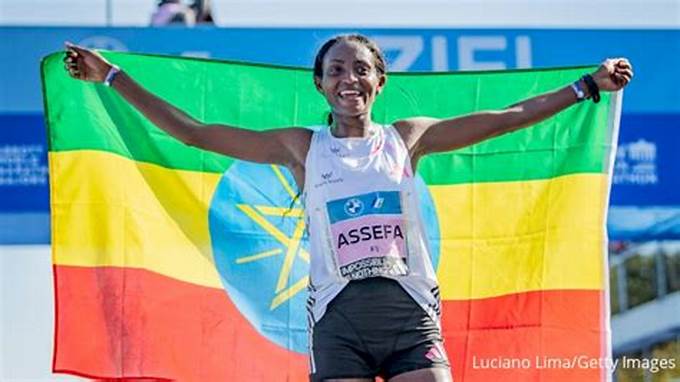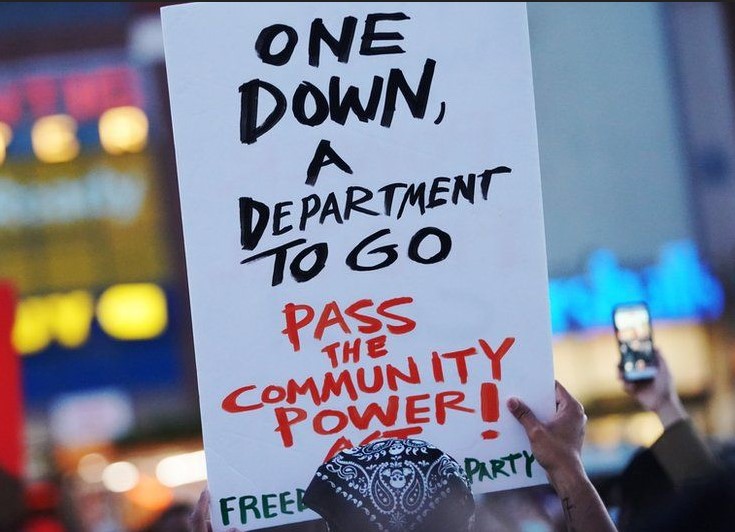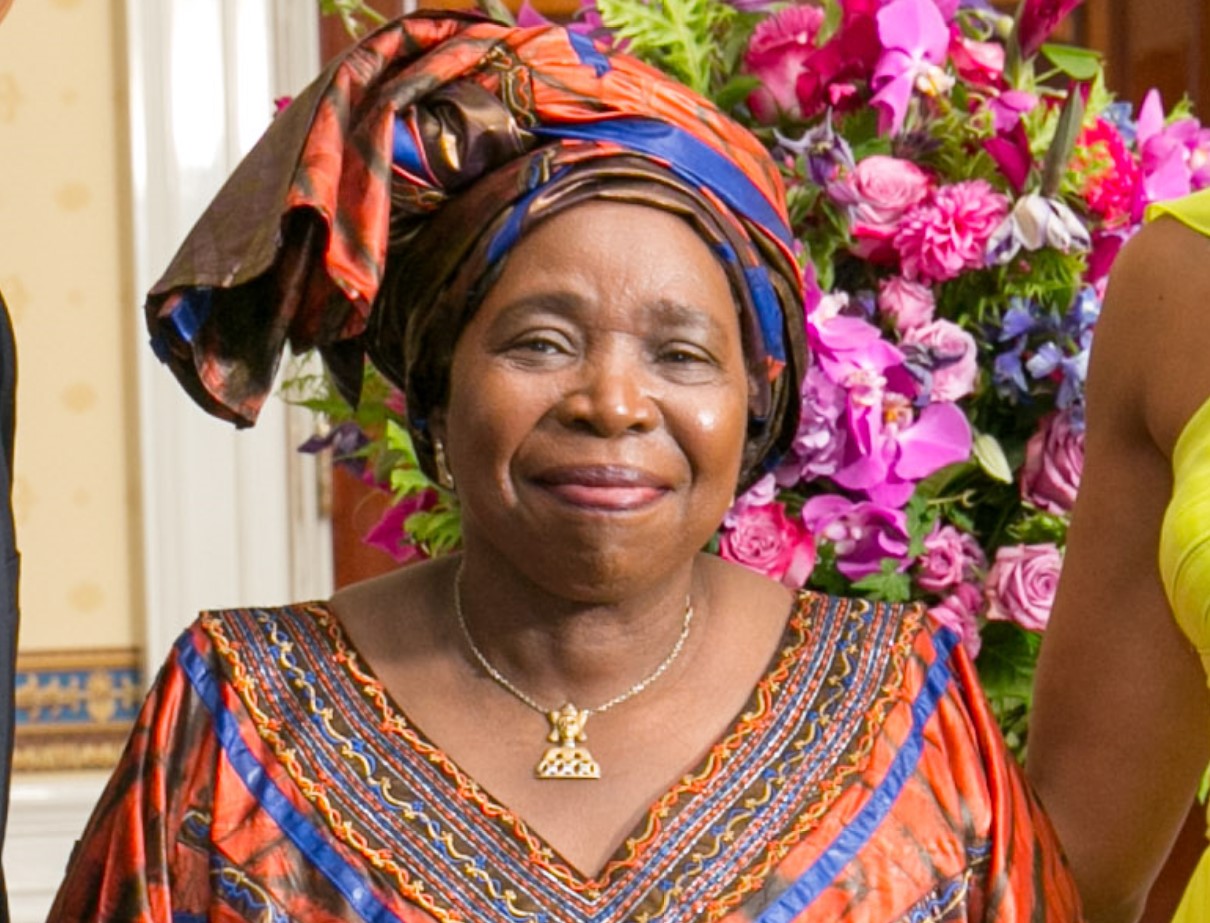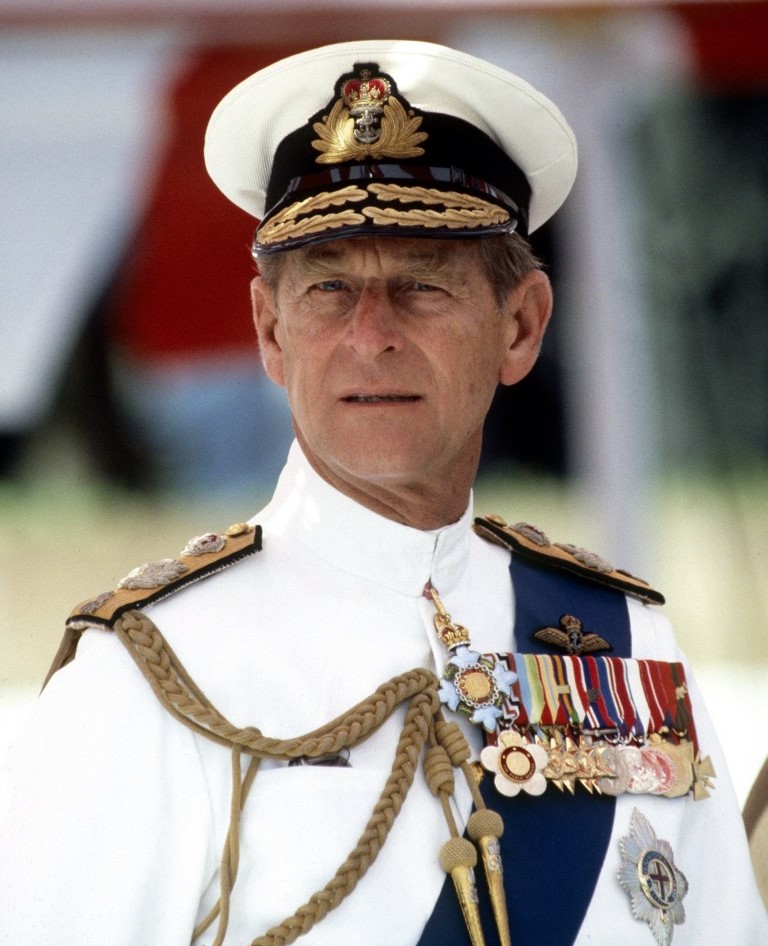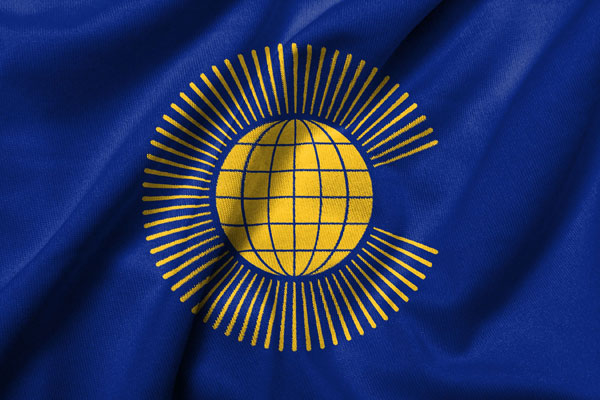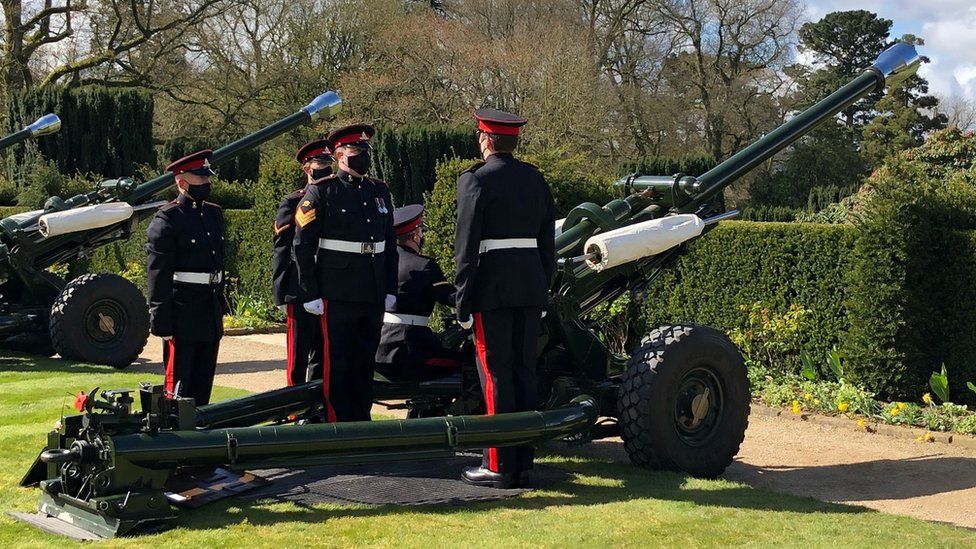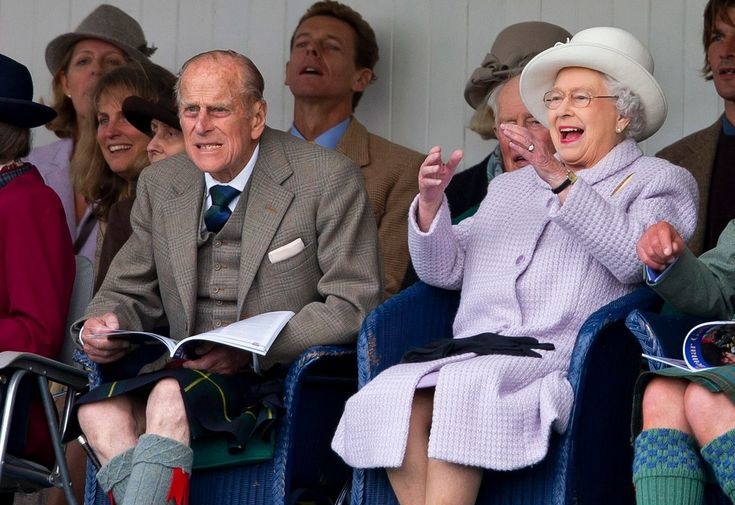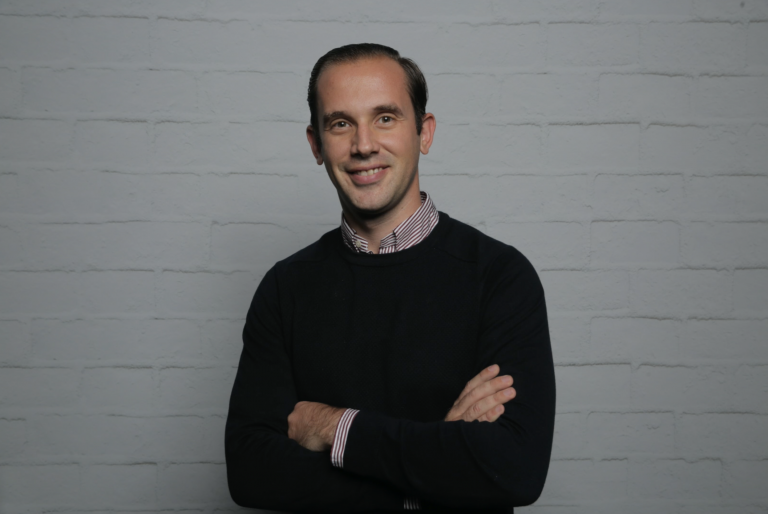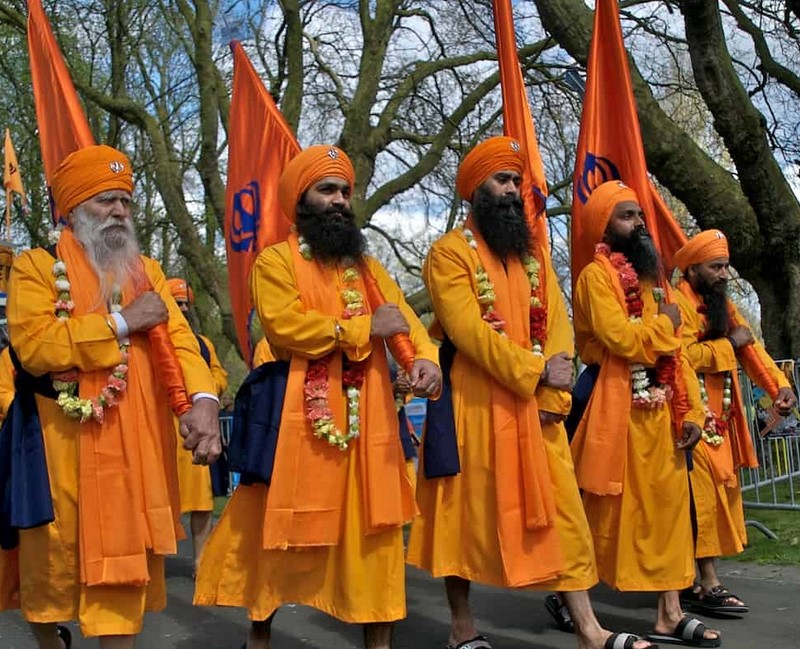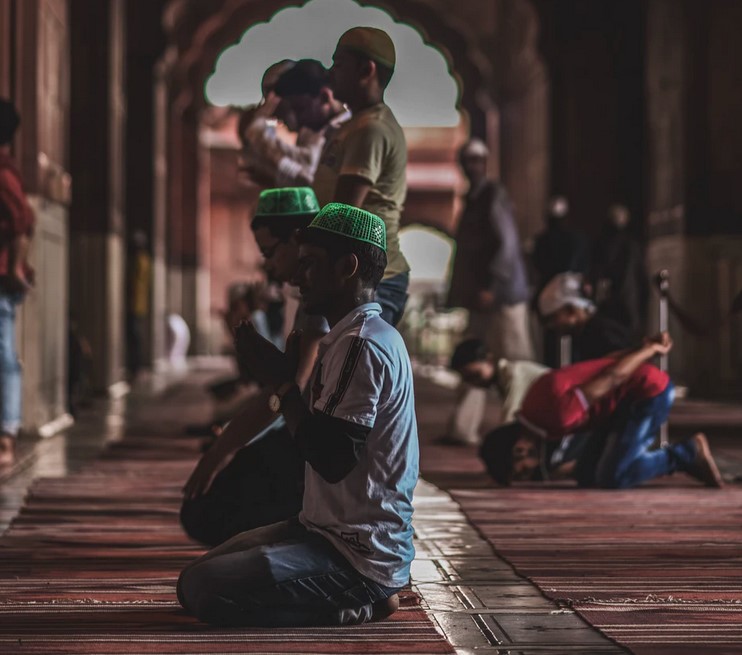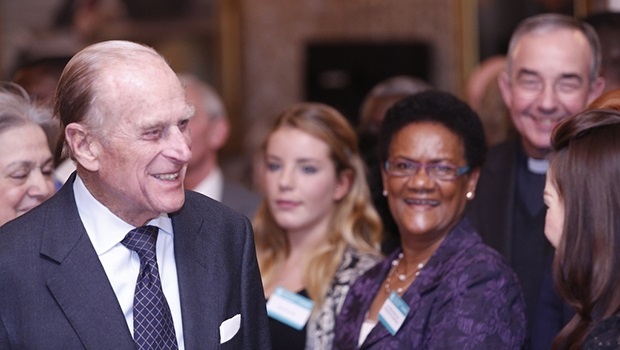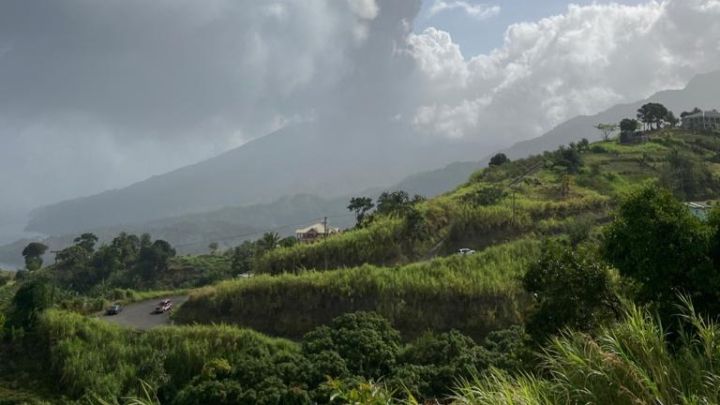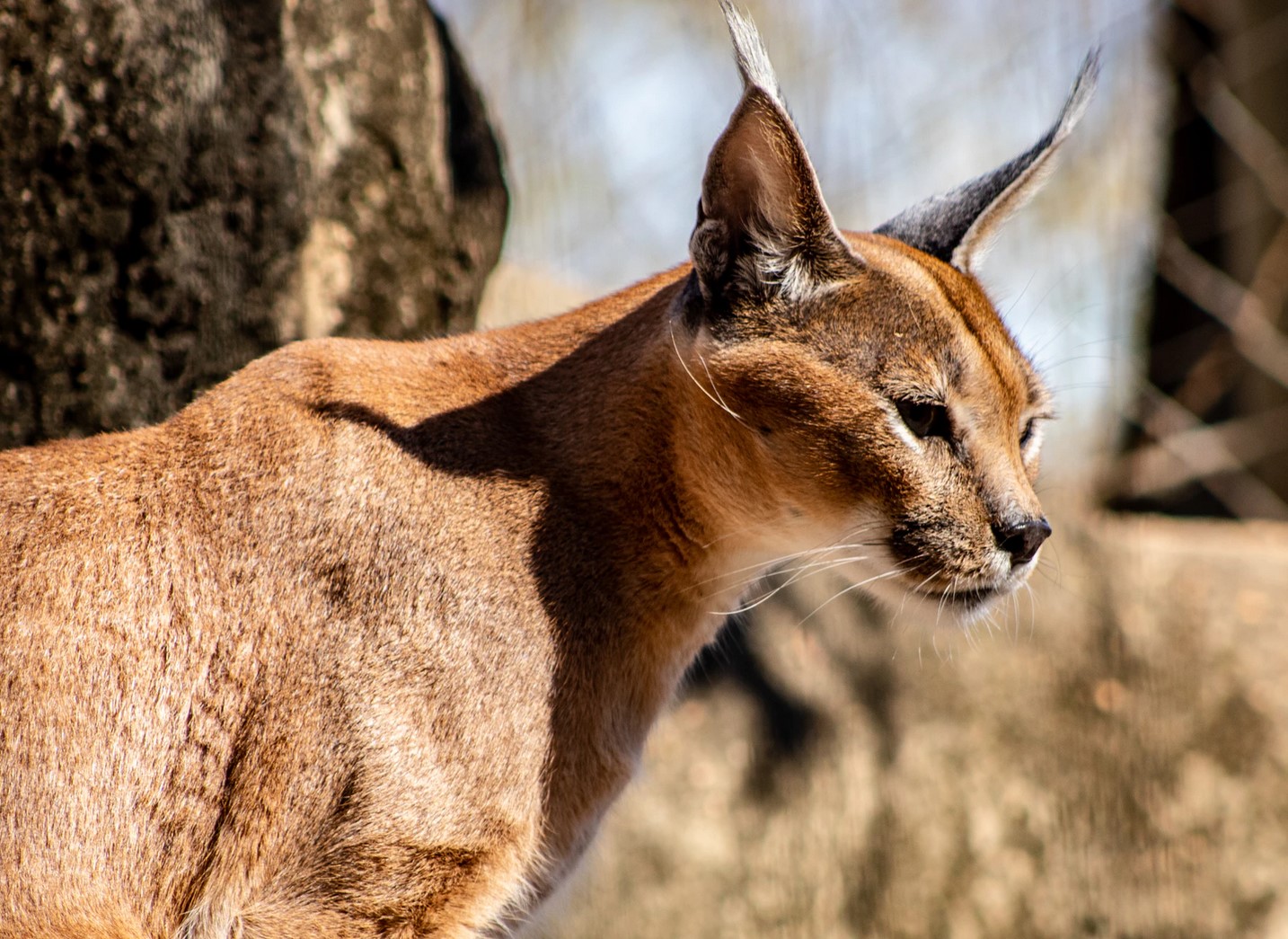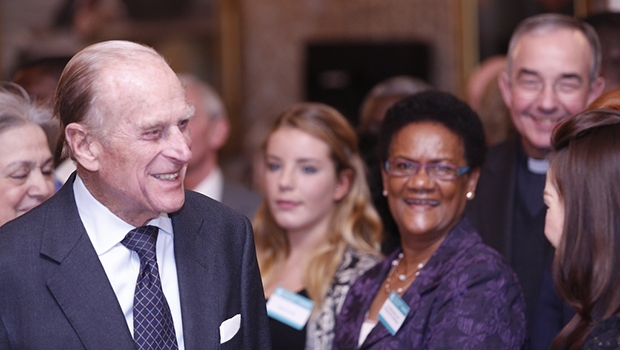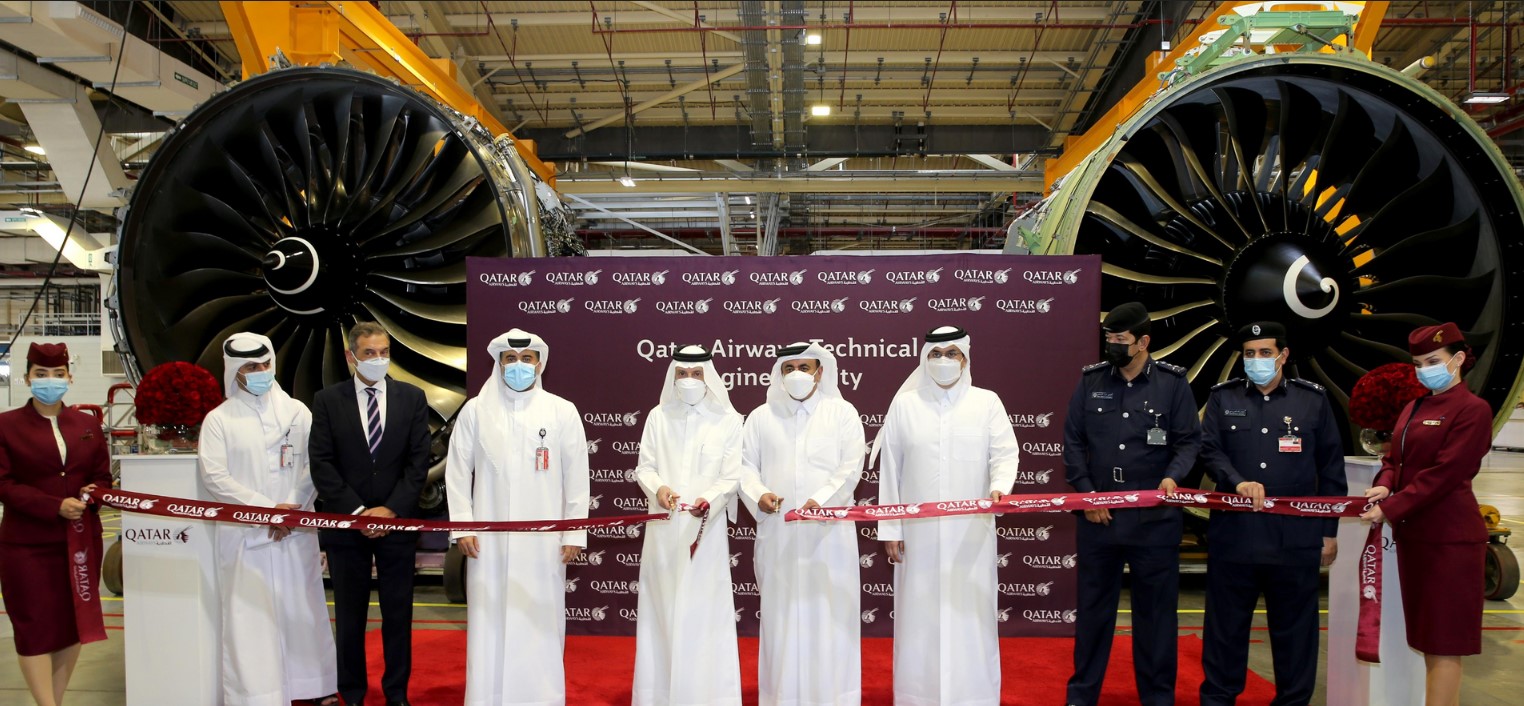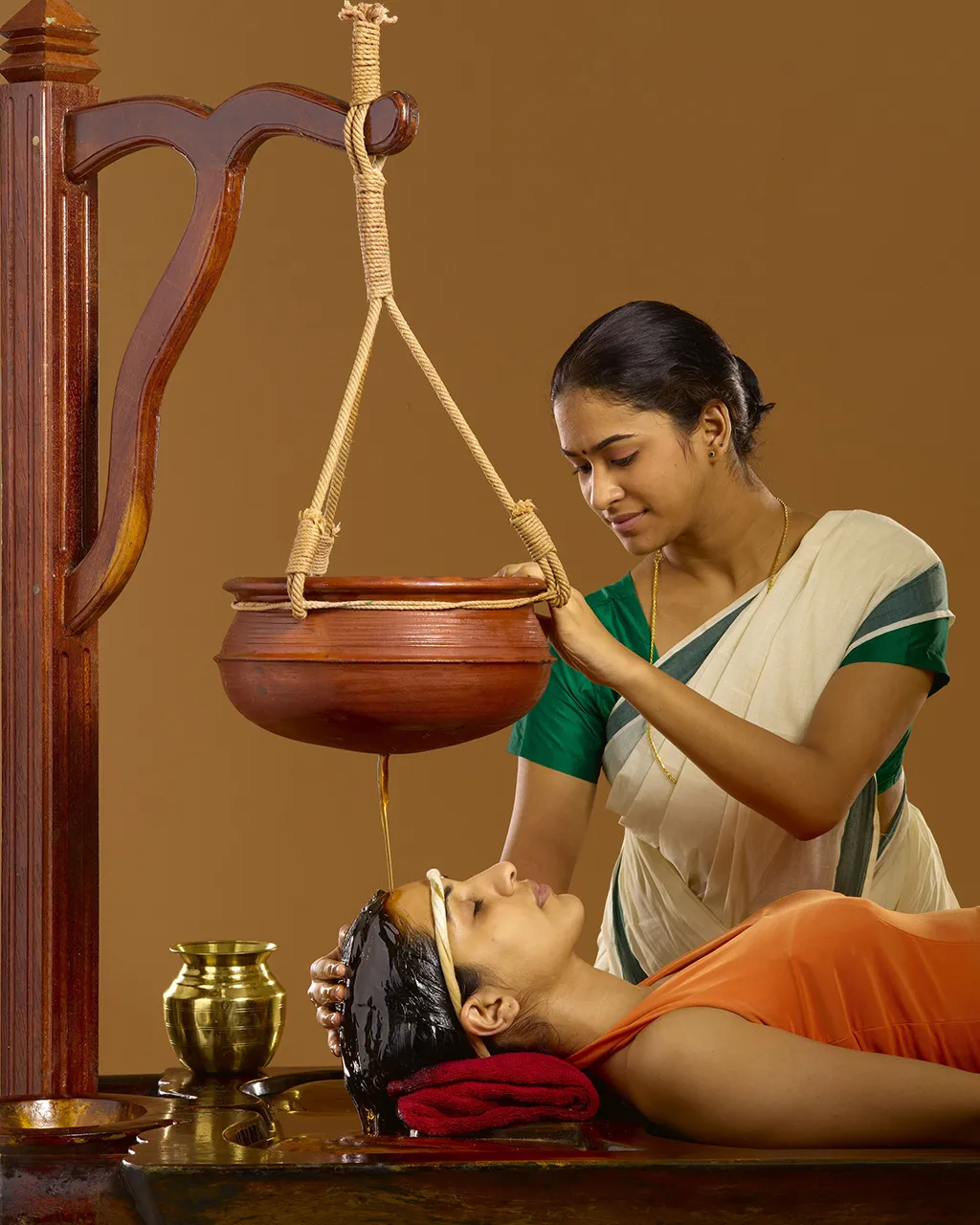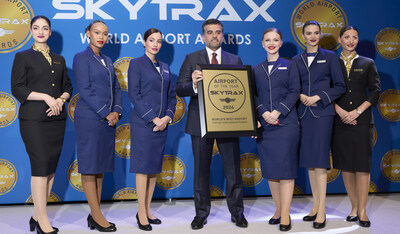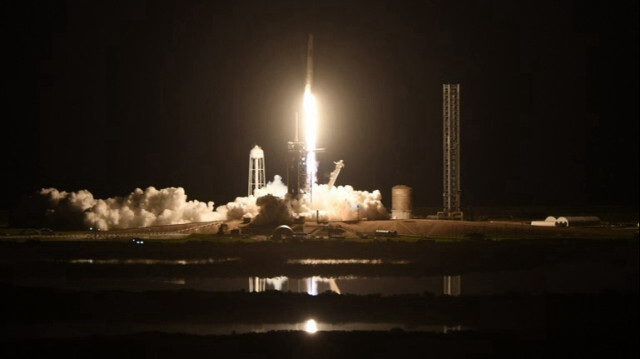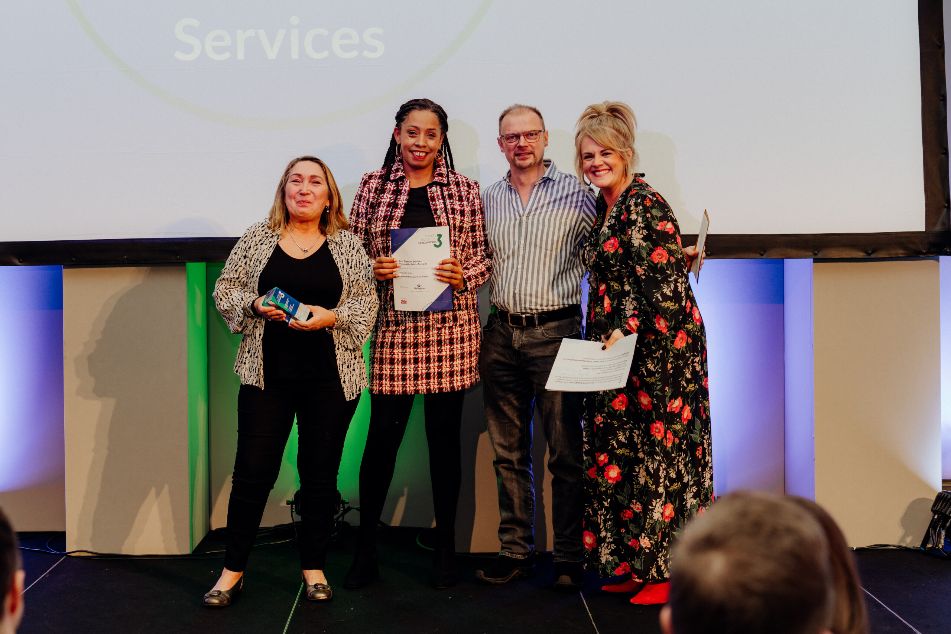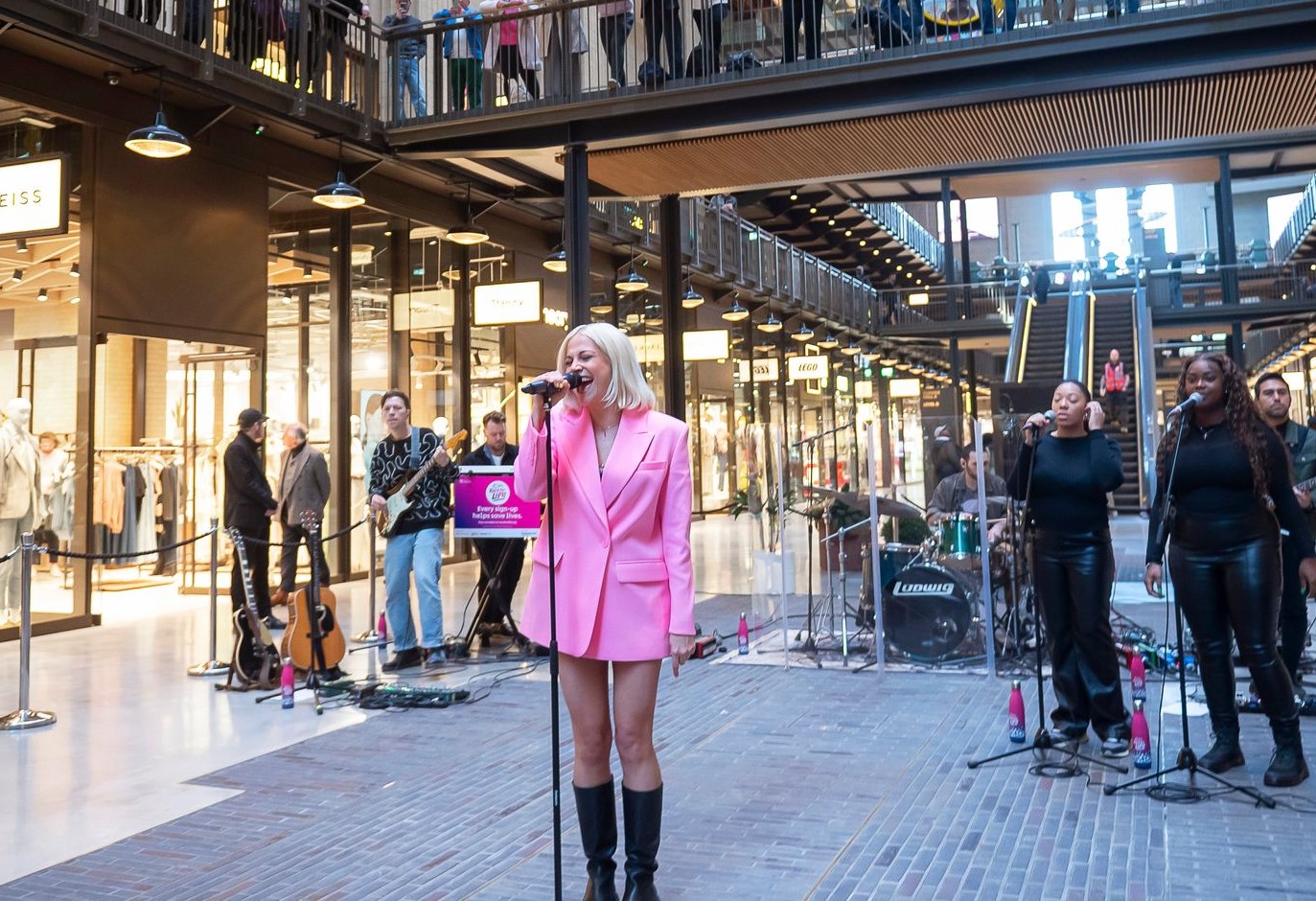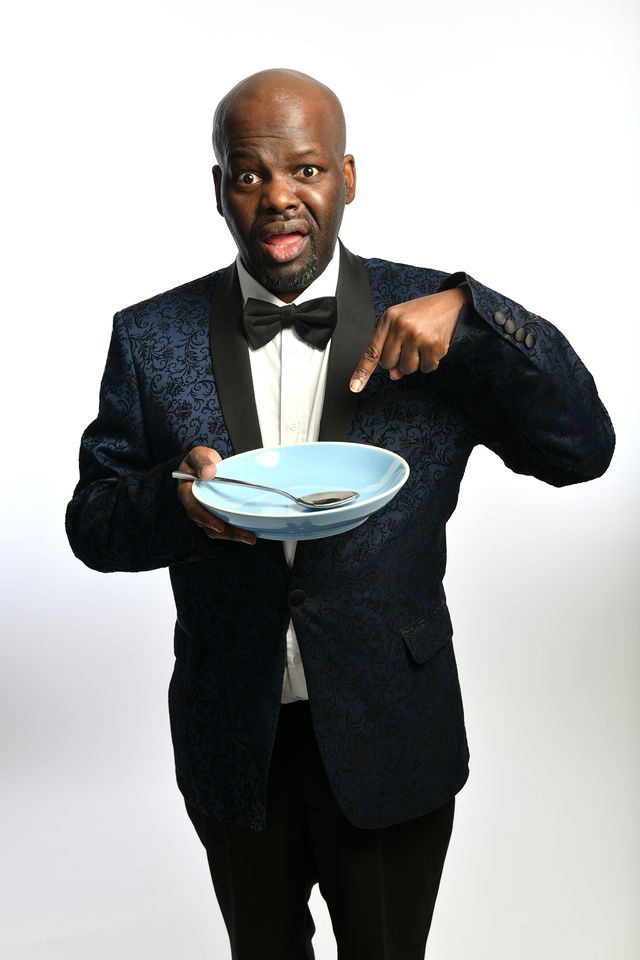Dr Nkosazana Dlamini Zuma is an ANC NEC member. She delivered this speech at the Chris Hani Memorial Lecture, to the Young Communist League of the University of Witwatersrand, on Saturday. The event was held under the theme ’Saving the soul of the ANC from the claws of factionalism and neo-liberal policies’.
We wish to thank the Young Communist League’s Shimi Matlala Branch for the invitation to address this Chris Hani Memorial Lecture. We also thank you for tackling such a challenging topic, it shows you care deeply about the movement and the future of this country. I am sure that comrade Chris Hani would be proud! Daunting as it is, we shall attempt to address the topic of “saving the soul of the ANC from the claws of factionalism and neo liberal policies” by utilising the canvas and essence of our movement, as well as comrade Chris Thembisile Hani and other revolutionaries.
We also thank you for the warm reception we have received from the student body and teaching staff. We have been struck by the vibrancy, diversity and the leadership this campus has provided to the discourse in our country. More especially, as it relates to the question of access to education and equality, which we shall return to in this talk.
We were also pleasantly struck by our sight of the plaque in honour of Dr Mary Malahlela Xakana, the first black female medical doctor who qualified here at Wits in 1947.
That our past, present and future are coincided by Dr Malahlela Xakana, Chris Hani and Comrade Shimi is not a mere coincidence because these heroes are authentic products of our revolution. What is most outstanding is that they were all products of the Struggle, shaped by their environment and driven by a deep sense of love for the people.
It was Che Guevara who once said “at the risk of seeming ridiculous, let me say that the true revolutionary is guided by a great feeling of love. It is impossible to think of a genuine revolutionary lacking this quality”.
Comrade Chris was first and foremost guided by love. Every single soldier and worker in the camps, and wherever he worked or resided, was well-known to comrade Chris, he would even remember where each of them came from and would inquire on the health of their family members, mentioning their names.
Born and raised in the rural village of Sabalele in Cofimvaba, son of a migrant worker and hawker, his reality shaped his revolutionary spirit. Thus taking up the Struggle for the downtrodden and workers was not a mere coincidence, but a result of his lived experience.
Commenting on his family structure to Dr Lilli Callinicos in 1993, in one of his last interviews, he says: “A family was lucky to have the whole offspring surviving. If 50% survived, that was an achievement, so out of six, three of us survived … ”
Thus there also lies another feature we can emulate from comrade Chris – the love for family. Often times, when we theorise about revolutionaries and societal transformation, we overlook the role of the family. Yet this is the most basic unit of society, by which both the suffering masses and thriving capitalists survive.
Capitalism, in its essence, also survives on individualism and the progress of the self. Comrades, it therefore holds to logic that the pursuit of social justice and, dare we say, socialism ought to be about transforming societal relations by strengthening that basic unit. In so doing, we must also transform the ownership patterns of the economy and the means of production.
To quote comrade Chris: “As long as the economy is dominated by an unelected, privileged few, the case for socialism will exist”.
He goes on to say: “Socialism is not about big concepts and heavy theory. Socialism is about decent shelter for those who are homeless. It is about water for those who have no safe drinking water. It is about health care, it is about a life of dignity for the old. It is about overcoming the huge divide between urban and rural areas. It is about a decent education for all our people. Socialism is about rolling back the tyranny of the market … ”
Indeed, despite the gains recorded by the developmental democratic state, the tyranny of the market has gained gravitas. This fact was also noted by the outcomes of our 54th conference, which noted that: “Despite the economic advances of the past 23 years of freedom and democracy, the legacy of colonialism and apartheid is still deeply entrenched in our society, and in the structure of the South African economy”.
The conference went on to note that “this legacy expresses itself in racialised patterns of poverty, inequality and unemployment, in land and spatial disparities, in infrastructure and service backlogs, in concentrated structures of ownership and control and in the weaknesses of the SMME and cooperatives sector.”
The striking feature of our economy today, as expressed by the Forbes top ten list, tells us:
- First, 9 of the 10 are white
- Second, none of them are women
- Third, the 10 individuals account for 7,1% of our wealth, and
- Finally, according to Oxfam, the wealthiest 1% of South Africans own 70% of our wealth, whereas the bottom 60% only control 7% of the country’s assets.
Comrades, we should not be comfortable with this glaring failure of the economic system. It is also important to recall that our revolution is based on the strategic mission to liberate our country and continent from the systems of apartheid and colonialism.
It is because of this strategic objective, that the ANC and the broader liberation forces, the alliance – including the Communist Party, as well as the women’s movement and other organisations – achieved the historic breakthrough of 1994, through its high and lows. Despite these highs and lows our movement consistently ensured that it was never deterred from this objective and it never succumbed to the challenges it faced from time to time – whether as a result of the conditions beyond its control, actions of the regime or its own internal weaknesses.
Despite the difficulties, the movement – because of its commitment to principle and to uniting the people in action, to finding sustainable solutions – was able to renew itself, its tactics, its policies, and its leadership and cadreship.
Part of the problem we are facing is the factionalism that tears us apart and defocuses us. As a result, we run the risk of losing our revolutionary discipline and political consciousness. We must not allow this factionalism to prevail.
Comrades, the call for unity by our 54th conference should not be interpreted as a mere call, but a revolutionary act. It is a firm belief that only a united ANC and alliance can fulfil the dreams and aspirations of our people, towards democratic and developmental outcomes. We ought to pause and introspect whether we remain on course? If not, we must go back to Lenin and answer the big question of “what is to be done”.
Indeed comrades, as alluded by the title of this event, the demon of factionalism has slowly been creeping and destroying the essence of the ANC.
The ANC has never made decisions based on the views of a particular group (faction), democratic centralism is about respecting the views of others in a debate. We have always made decisions based on the interests of the motive forces, the interests of women, youth, workers, etc.
So much so that the 54th conference noted that factionalism has resulted in “a loss of confidence in the ANC … social distance, corruption, nepotism, arrogance, elitism, manipulating organisational processes … [and] abusing state power … ”
Dare we unmask the source of this factionalism? And, as we do so, let us once again recall the words comrade Mark Shope, would say after a political lecture: “I am teaching you politics today, comrades, so that you can use it against me one day when I deviate from the policies of the ANC.”
In our view, factionalism is a gross deviation from ANC policies and is rooted in the promotion of self-interest and careerism above the interest of the people. It is also a self-preservation agenda that sees self above all. That agenda is contradictory to Marxist philosophy, which dictates that “from each according to his ability, to each according to his needs”.
It is also driven by counter-revolutionary tendencies, which are rooted in maintaining the status quo at the least or returning to the old ways at best. Indeed, comrade Chris’ nightmare has come to fruition wherein he had said: “What I fear is that the liberators emerge as elitists, who drive around in Mercedes-Benzes and use the resources of this country … to live in palaces and to gather riches”.
Thus, we must ask what is our relationship with our people, are our cadres still embedded amongst the people? Are they living the values of our movement? We shall leave these questions to the discussion segment.
But we must say that these factional tendencies are also supported by a counter-revolutionary intelligentsia, which is the opposite of the intelligentsia anticipated by comrade Chris who once called for “an intelligentsia which is selfless, which is not just concerned about making money, creating a comfortable situation for themselves, but an intelligentsia which has lots of time for the Struggle of the oppressed people”.
You, as young people, must also never allow yourselves to be used for any factional reasons.
Comrades, to recall comrade OR Tambo’s final speech at the 47th congress as President of the ANC, when he said: “Before I sit down, I wish to make a few observations: we did not tear ourselves apart because of lack of progress at times. We were always ready to accept our mistakes and to correct them. Above all, we succeeded to foster and defend the unity of the ANC and the unity of our people in general. Even in bleak moments, we were never in doubt regarding the winning of freedom. We have never been in doubt that the people’s cause shall triumph.”
Indeed, as comrade OR said, we have faced difficult times but we made sure that we put the interest of the people first, in order to advance and ultimately win the struggle for freedom. Such a time we now face again.
Let us also recall that, in 1991, when comrade OR handed over our movement, we began to navigate our existence in a different and complex environment. We went from operating underground, in exile and within the mass democratic movement since, to becoming a mass legal organisation, opening up our membership in 1990.
In the changing terrain of the early 1990s, we had to rebuild the ANC as a mass legal organisation, engage in negotiations, prepare for governance and elections, and defend the people against third forces and state violence. Although there were challenges, the movement navigated this difficult terrain through focused, serving, disciplined and principled leadership.
We had to maintain commitment, disciplined and an active cadreship from different generations, whilst balancing that with a culture of engagement, democracy and robust debate, premised on a strategy and tactics directed at unity in action. Consequently, the democratic breakthrough of 1994, though a negotiated settlement with compromises, provided a beachhead to advance our strategic objective of this era, which ultimately defined as the creation of a National Democratic Society.
Comrades, It is impossible to build this society without a united and renewed organisation. Thus the renewal of our organisation occupies a mantlepiece of our total liberation. Thus we must pay attention to political education, campaigns, community work and cadre development which necessitates a skills revolution, as well as discipline. In the words of comrade Mark Shope: “A soldier without politics is a mercenary.”
Is it not time to ask ourselves, what is an ANC cadre without politics, and how do we address this situation?
I think this is especially important to note because, even as leaders, we can go wrong from time to time. However, it is our political understanding that gives us the ability to self-correct. That is why cadre development is a core of our activities. It must be undertaken on a continuous basis for all comrades, in all structures, from branch level all the way up to the most senior levels.
According to our cadre policy, ANC cadres are required to:
- have revolutionary consciousness and discipline,
- commitment to serve and love for the people,
- be dedicated and humble,
- committed to self-improvement, their understanding of their tasks,
- of our struggle, the motive forces,
- as well as national and gender consciousness.
- Moreover, ANC cadres must be committed to democracy, and collective processes.
On the occasion of the centenary celebration of the ANC in 2012, we declared the Decade of the Cadre, and committed to revitalise all aspects of our Cadre Policy – recruitment, cadre development, deployment and accountability, as well as cadre preservation.
We thus said, that in addition to the above attributes, we must build, develop and retain, ANC cadres who are ideologically rooted and schooled in ANC and progressive politics. However these comrades also have the responsibility to skill themselves and be competent to undertake assigned tasks with discipline, and high ethics. They must be conscientious and committed to continuous self-improvement.
Comrades, our cadre policy and our strategic objective also requires from the ANC to be rooted amongst the motive forces, to organise and participate in their issues, and to act in the interest of the motive forces.
This, therefore, includes continually sharpening our understanding of the motive forces, the objective and subjective changes within the motive forces, and the impact of our policies and actions on these forces.
We must ask the question whether our characterisation of the motive forces remains relevant and whether they still see the ANC as the vehicle that will transform their lives for the better? The majority are women and youth. Have we sufficiently addressed the plight of women and the challenges that are faced by young people, including their socialisation as citizens of a non-racial, non-sexist democracy, committed to shared prosperity?
What is our relationship with our people, are our cadres still embedded amongst the people, while living the values of our movement? What is causing a rift and waning influence of the ANC among our people?
Comrades, part of the attributes of a cadre, is the ability to find your bearings independently, to be conscious of the tasks of the moment and in your sector in order to advance transformation. You must be hard-working. This requires the tools to assess the balance of forces and how to shift it, in order to respond to the needs of the people.
At the time of the transition, it was clear that the balance of forces were not entirely in our favour. As a result, we had to work on consolidating and fostering cohesion and unity in society in order to safeguard our hard-earned freedom.
The ANC, from its inception, has never been an organisation that has opted for violence and loss of life of its people. It was only when the apartheid government banned all our organisations and consistently responded with violence towards our people that we had no option but to turn to armed Struggle.
In President Tambo’s words “Operating within the logic of the armed struggle – armed and political – and supported by the international community, we managed to push the enemy into a crisis which could not be resolved within the confines of the old order. For the first time, possibilities to end apartheid and national oppression through negotiations were created. As a result of Struggle, the closed door that our late President, Chief AJ Luthuli, knocked on for many decades was finally opened. It is our responsibility and destiny to seize this opportunity.”
We did well comrades, in order to bring back dignity to our people and to bring about the will of the people and the right to self-determination. We also successfully navigated out of the transitional phase and established a non-racial and non-sexist government to further our revolution. We knew then that our Struggle was not over and that we would need to ensure that we build on our gains and transform our institutions and the economy. As a result of the negotiated settlement, we needed to consolidate our political power in order to utilise it to begin the radical transformation of our society.
In the 2004, national elections the ANC managed to consolidate a decisive victory of 69.7% of the vote and was able to garner a two third majority in Parliament. In retrospect, we must admit that we did not reflect deeply enough on the balance of forces . This lack of appreciation of the balance of forces meant that we equally did not shift gears from fostering political stability to advancing socio-economic transformation of our country.
In 2004, the political climate and the economic environment, the balance of forces had shifted in our favour. We needed to have used our political hegemony and influence to really transform the economy and our society.
We dare not continue to allow crippling fiscal austerity, export oriented production and privatisation of public sector services and succumbing to the pressure and influence of neoliberal forces that bombarded us with threats of disinvestments, rating agencies and the decline of the rand, and pushed us to limit our mission of transforming our economy. They used their institutions to scare us into pursuing policy directions that will ensure that, by and large, the economic status quo remains the same.
Comrades, Twenty-seven years later, we find ourselves facing very serious difficulties.
* Our National Democratic Revolution is threatened and, as a movement, we are at a low point. Our electoral performance is on the decline, with our support in the 2016 Local elections declining to below 55%,
* The economic situation is not favourable – unemployment, poverty and inequality remain unacceptably high, we have had pedestrian growth for a number of years now and, increasingly, our people are becoming disillusioned at our ability to deliver the National Democratic Society.
* Since the dawn of our democracy, we have had groups splitting from the organisation. There was UDM, COPE and then the EFF. If you look at each of these cases, at the core of the problem has been ill-discipline.
* As the ANC, we are not producing and maintaining the quality of cadre that is expected by a progressive revolutionary movement, and it is evident in the rampant ill-discipline that has been creeping up, which has now become pervasive.
* The challenges include not only the ANC, but the alliance as a whole, as well as other structures of the MDM.
* The fracturing and disunity of our movement creates a vacuum, which is being filled by opportunistic elements in our society. Ill-discipline, factionalism and divisions are, therefore, tearing us apart and we need to focus categorically on cadre development and utilising the confidence our people show in us through the ballot to advance our revolution.
Comrades, consequently, the activist of today has the added responsibility to contribute to the radical transformation of our economy. During a lecture similar to this in 2003, comrade Pallo Jordan pointed out that: “No one, not even the most optimistic among the early communists, did not appreciate that these revolutions would be bourgeois democratic in character … there has been an unfortunate tendency among some in our movement to counter-pose the national democratic and the socialist revolution. From its inception, Marxism, as understood by its founders, has regarded these two as parts of a continuum, at times anticipating that the democratic revolution would grow into the socialist revolution, at others, that the political revolution would evolve into a social revolution.”
Thus, the young communist and aspirant socialist has an even greater responsibility.
As argued by Marx and Engels, they have a special role “ ... on the one hand, practically, the most advanced and resolute section of the working class parties of every country, that section which pushes forward all others; on the other hand, theoretically, they have over the great mass of the proletariat the advantage of clearly understanding the line of march, the conditions and the ultimate general result of the proletarian movement.”
We must, therefore, be inspired by the words of comrade Chris, who explained his affinity towards socialism by saying: “Given my background, I was attracted by ideas and the philosophy which had a bias towards the working class; which had as its stated objective the upliftment of the people on the ground.“
He continues to say: “I didn't get involved with the workers' Struggle out of theory alone. It was a combination of theory and my own class background. I never faltered in my belief in socialism, despite all the problems currently. For me, that belief is strong because that is still the life of the majority of the people with whom I share a common background.”
Here, comrade Chris lays the line of march anticipated by Marx and Engels. In the words of Che Patria o Muerte (homeland or death). Thus, according to comrade Chris, that line of march is whatever it is we do we must do in the service of the people. For him “the homeland is humanity!!” as said Jose Marti. Consequently, Che concludes that the revolutionary has the “task of educating and feeding youngsters ... educating the army … distributing the lands … without receiving its benefits”.
This can only be achieved through an integrated, developmental and community-based approach, thus our added emphasis on cooperatives. In this regard, Che concludes that: “The peasant must always be helped technically, economically, morally, and culturally. The guerrilla fighter will be a sort of guiding angel who has fallen into the zone, helping the poor always and bothering the rich as little as possible in the first phases of the war.”
Thus, the SACP’s Discussion Document titled “building cooperatives as a concrete expression of building people’s power in the economy”, is instructive. The paper also notes that “cooperatives, existing by themselves within capitalist economies and isolated from the tactical and strategic framework of progressive forces, are doomed to either degenerate or collapse.”
It further asserts that “However, this does not mean that cooperatives are not viable and cannot be a part of a wider strategic response to transcending capitalism.” Indeed this is in line with the thinking of comrade Chris and Che.
For Hani: “What is important is the continuation of the Struggle and we must accept that the Struggle is always continuing under different conditions, whether within Parliament or outside Parliament. We shall begin to tackle the real problems of the country … for social upliftment of the working masses of our people”.
Similarly, Che observes that “isolated individual endeavour, for all its purity of ideals, is of no use, and the desire to sacrifice an entire lifetime to the noblest of ideals serves no purpose if one works alone, solitarily, in some corner … fighting against adverse governments and social conditions which prevent progress. To create a revolution, one must undertake the mobilisation of a whole people, who must learn … the value of unity.”
So what must be done? We must, therefore, de-concentrate economic and work opportunities away from the state, at least at local level. For so long as the rural child, in Winnie Madikizela Mandela Municipality in the Eastern Cape, only sees the municipal manager or the mayor as the most successful person in the area, then service of self will thrive. We must create economic opportunities, where the people live as anticipated by the RDP. To facilitate for this and also inculcate the culture of long-term planning, we are currently implementing the District Development Model.
Through the model, we intend to facilitate for Local Economic Development, whilst solving the coordination conundrum which has been defined by vertical and horizontal silo mentality. This mentality has, amongst others, resulted in substandard implementation. To solve this, we are implementing the District Development Model. The model employs joint planning, implementation, as well as monitoring and evaluation. The district is seen as the landing strip, around which capacity and investment can be “crowded in” to support local economic development and the full array of services including health.
We must also drive our transformation agenda and embark on a selective industrialisation process, which prioritises:
(1) The infrastructure sector. By building our social and economic infrastructure, which in the transport sector must prioritise the building of buses, trains, rural roads and maritime transportation. We ought to have a fast rail network to link our cities with the continent. This will also require that we fix our parastatals such as Eskom, whilst also facilitating for wall-to-wall energy and ICT infrastructure. We must also build and maintain our water and sanitation. We can direct where investment should go, whilst at the same time providing jobs and skills for our people.
(2) It is inconceivable that, in the near future, humans will be able to live without food. Thus, agriculture will remain cardinal in our economy, we must just ensure that we fully explore that value chain up to Agro-processing and beyond the logistics that support it. This will require that we grow our own food, meat and capture the entire value chain of agriculture. We will need to employ innovation through vertical agriculture.
(3) Closely related to this is the Blue Oceans Economy, which strategically favours South Africa, with two oceans and vast experience. We must develop all the relevant skills, which include oceanographers, marine biologists and all the areas of the maritime economy, which spreads from logistics to humanities, including floating and coastal tourism.
(4) South Africa is favoured by some of the most diverse flora and fauna, which can work to our advantage, so long as we invest in the labour intensive tourism sector.
(5) South Africa has the most developed manufacturing sector on the continent, which sector can facilitate for the development of the four sectors we have highlighted above.
(6) All of these will require financing, thus, the importance of transforming our financial sector. There is no reason why, in localising economic development, we cannot think of cooperative banks and well as municipal banks. The type of budgets and complexity of programmes, run by major cities like Johannesburg and eThekwini, justify for such a bank.
(7) In accelerating our development, we will also need sustainable energy generation, as well as the employ of creativity and innovation. Thus, the broad creative sector is an important and supportive growth point.
To successfully deliver on this path, we will require a capacitated public service and a patriotic private sector. We will also require that we locate the appropriate skills throughout the bureaucracy and in the localities we intend developing. Thus, the backbone of our model is the skills revolution, as we will require appropriately motivated and orientated professionals in the various fields of need, including engineers, oceanographers, cultural workers, film producers and so on.
Comrades, thus we support the call for a decolonised and accessible education. First, because we believe education to be a right and not a privilege. However, you must remember that with every right comes a responsibility. Thus, as we extend that right, you must remember your obligations to the service of humanity and country. Thus our education system must transform and align to the aspiration of the “Doors of Learning and Culture Shall be Opened” in the Freedom Charter.
This clause anticipated four interrelated fundamentals, amongst others, that:
1. “The government shall discover, develop and encourage national talent for the enhancement of our cultural life;
2. The aim of education shall be to teach the youth to love their people and their culture, to honour human brotherhood, liberty and peace;
3. Education shall be free, compulsory, universal and equal for all children; and
4. Higher education and technical training shall be opened to all by means of state allowances and scholarships awarded on the basis of merit.”
Therefore, we should, in fact, not be having any debate on free education and its decolonisation, but rather on what the progressive steps towards it will be, given our limited resources. After all, it was Chris Hani who attested to the fact that education was the single most important thing that conscientised him and opened the world to him the “world of knowing how to write the alphabet, how to count…”
Indeed, the world over is in abundance of research that proves education as the most important equaliser by which we can break the cycle of intergenerational poverty, inequality and want.
Comrades, this generation sits at the crossroads in the life of our once glorious movement. You sit on the foothill of what could be an era when our country reaches its full potential. This phase of our revolution is perhaps most testing, as the enemy is now unseen and operates amongst us, persuading some to abandon the revolutionary spirit of the congress movement. However, as you enter into battle, remember what comrade Che said: “The revolution is made by man [or woman], but man [or woman] must forge his [or her] revolutionary spirit from day to day”. Above all, remain brave, for comrade Chris was one of the bravest amongst all of us.
For those in the Young Communist League, remember Engels’ letter to Adophe Sorge, the day after Marx’s death, wherein he says: “The Struggle of the proletariat continues. That victory is certain. Well, we must see it through. What else are we here for? And we have not lost courage yet.” Comrade Chris was courageous, this next phase of our revolution requires brave and courageous women and men.
Amandla!
Aluta Continua!



